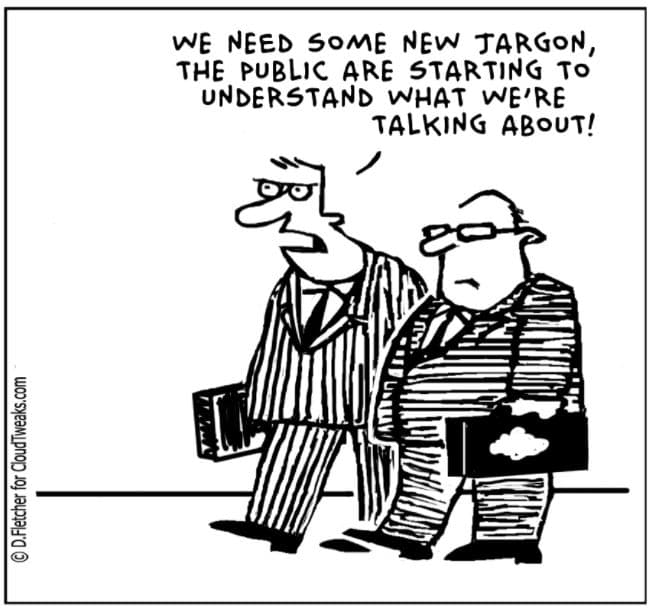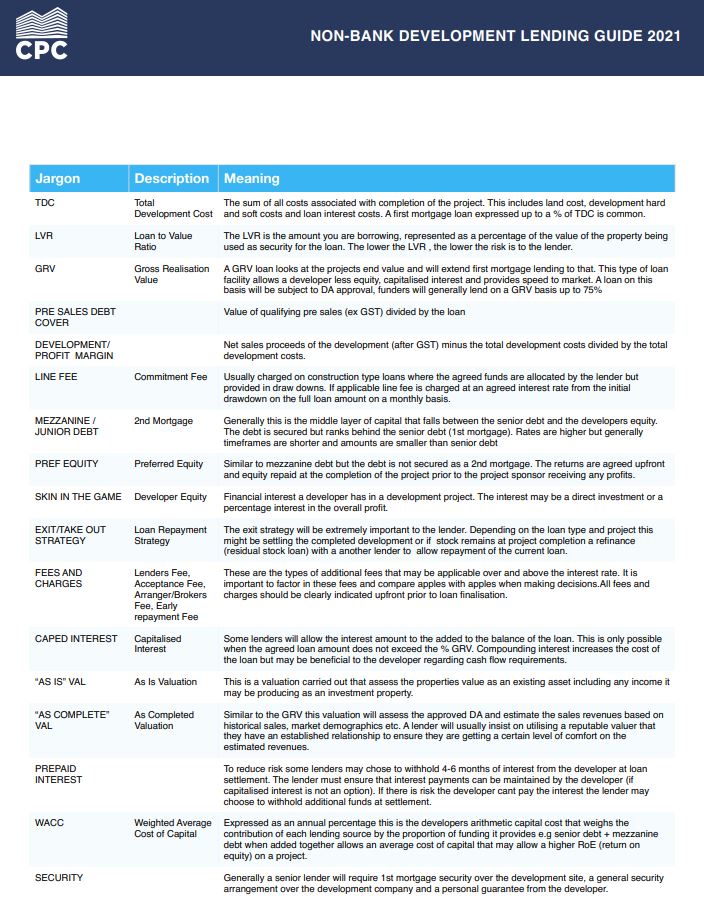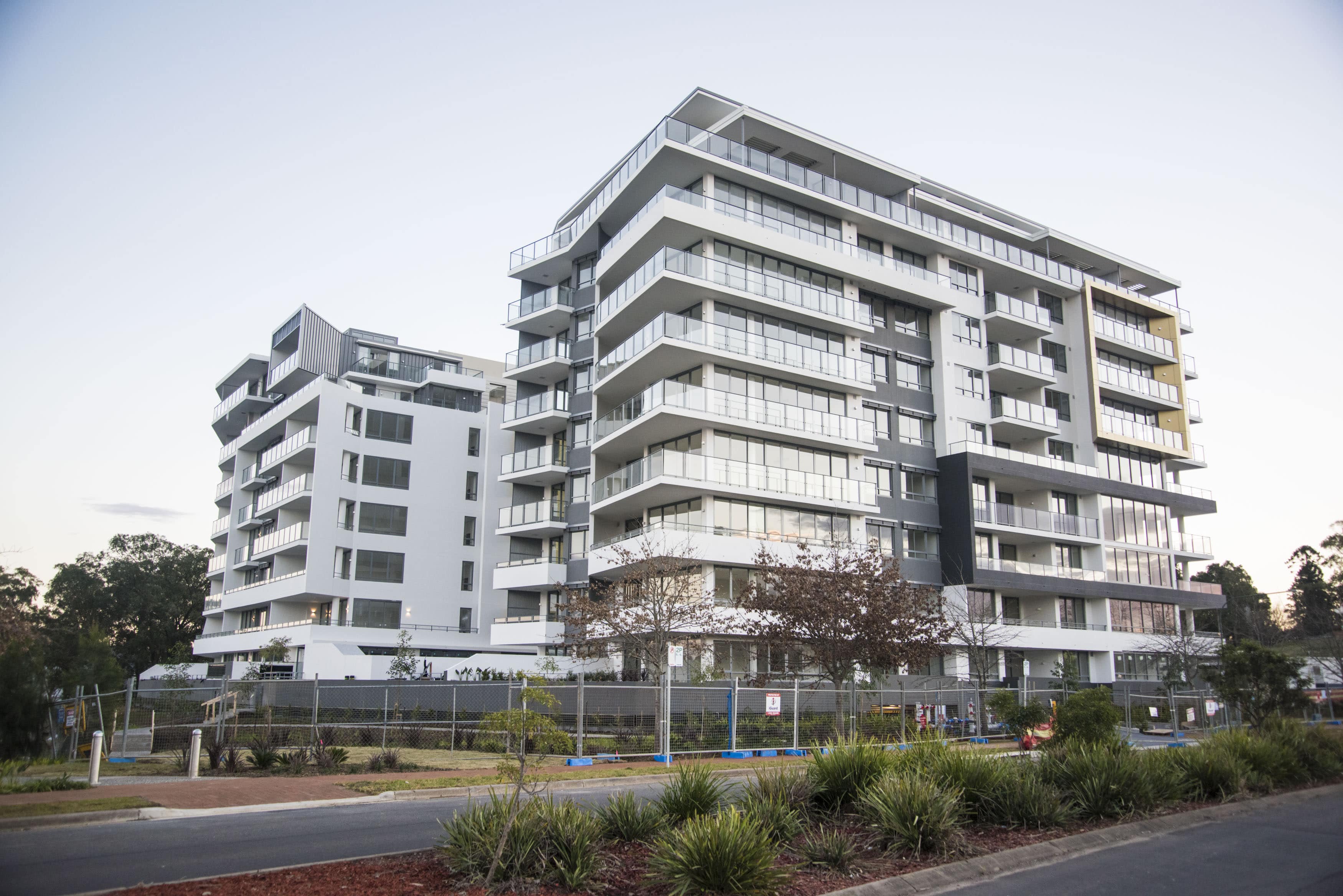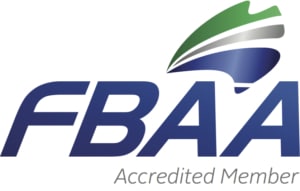How to choose the right builder for your next commercial development
Written by David Lovato – CPC Development Lending Solutions
Have you ever wondered what might happen if your builder went bust halfway through your project?
I have first-hand experience of this problem.
Back in 2009, during the GFC, I was a young project manager working for an ASX-listed developer, when a builder that was doing three of our projects entered administration. All our sites got locked overnight. It turned out the builder owed $30 million to their creditors. We were shut out of our projects for six months, until we were able to legally take back possession of the sites and engage a new builder. It was a costly lesson.
Why do I bring this up? Because the current chatter within the industry is that lots of builders are struggling to pay their bills right now, largely because construction costs are at their highest level in 21 years.
So the thing that happened to my employer all those years ago might happen to you too.
How to protect yourself from financial risk
Don’t choose a builder based solely on a Google search. There’s too much money at stake for that. Instead, do thorough due diligence.
Here are three steps you should take to minimise your risk:
- Check their financials
It’s perfectly legitimate to ask a builder to provide their most recent tax return and a consolidated cashflow forecast. Be wary of builders that are reluctant to provide this information. You want to understand who their other clients are and whether they’re properly resourced to manage multiple projects. You also want to find out how much revenue they’ve forecast for the next two years, because, with some builders, their cashflow might be destroyed if even one client refused to make a progress payment.
- Check their legals
It’s important to understand your builder’s company structure and class of licence. Be wary of builders that set up shelf or subsidiary companies for their building contracts. You should always understand who the directors are, and if they’ve had any insurance or legal claims against them, whether with this company or another one. Also, take the time to review the individual licence details of the nominated supervisor to make sure that person hasn’t had any historical compliance issues.
- Do a credit check
Engage a credit and risk assessment firm like Newpoint Advisory or Dun & Bradstreet to do a background check on any builder you’re thinking about engaging.
Don’t forget to do these background checks as well
There’s more to due diligence than just doing finance and legal checks.
When you research builders for development projects, you should also do these three things:
- Check for relevant experience
Of course, you want to choose an experienced builder. But you also need to make sure your builder is experienced in the specific project you’re planning. For example, if you’re going to develop apartments, don’t engage a builder that only has house experience. Choosing a specialist will mean your builder will understand the building codes and design issues relevant to your type of project, and will also know subcontractors with relevant experience.
- Visit previous projects
Any builder you talk to will tell you how great they are (and will probably have some nice-looking photos too). But you wouldn’t be conducting proper due diligence if you took their word for it. So take the time to visit some of their finished projects. Also, speak to building and strata managers to find out how responsive they’ve been when residents have moved in and they’ve been asked to fix any problems that have cropped up. That will tell you how committed they are to delivering quality work and maintaining their reputation.
- Talk to other clients
Ask your builder to provide contact details for two or three other clients. When you speak to those other clients, ask them what sort of quality the builder delivered, how they managed the project, what their service was like and how their subcontractors acted.
CPC Development Lending Solutions can help you get your next project funded. To confidentially discuss your options, contact David Lovato on +61 434 932 634 or [email protected].













